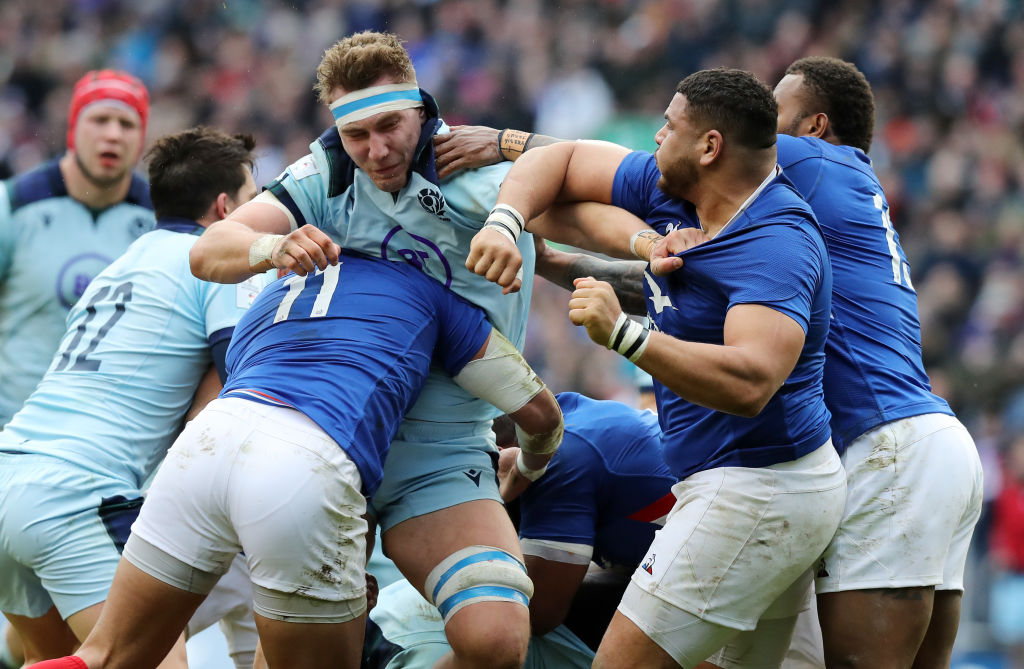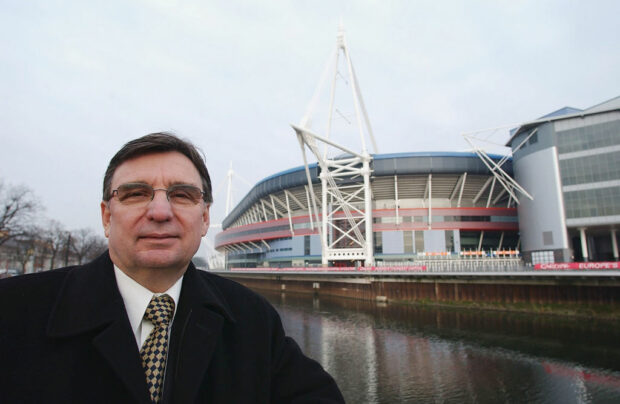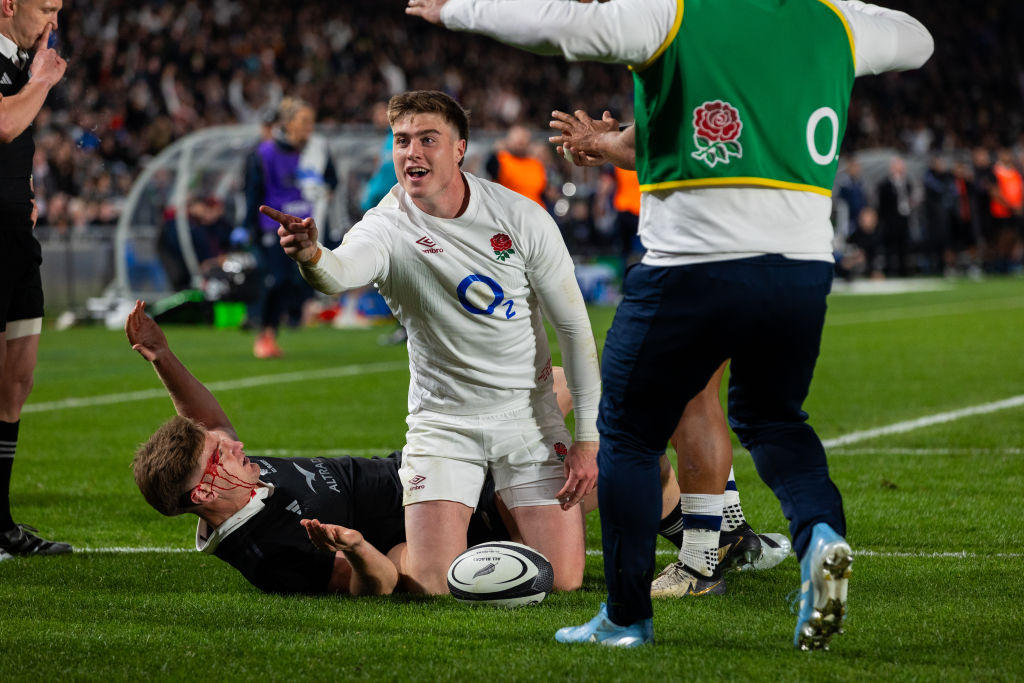
The Six Nations Council came under renewed fire at the weekend over their decision to prohibit joint bids for live television rights, effectively clearing the way for Sky to put the world’s oldest annual tournament behind their paywall.
No sooner had Westminster MP’s ‘demanded answers about the process’ than one of the sport’s most experienced negotiators of ground-breaking television deals questioned the Council’s refusal to accept a joint offer from BBC-ITV for the renewal of their contract.
David Moffett, former chief executive of the Welsh Rugby Union, New Zealand RFU, Australian National Rugby League and Sport England, told The Rugby Paper from his home in Christchurch: “I don’t understand why they would not allow joint bids.
“I don’t understand why they have made a condition which is tantamount to saying: ‘We don’t want free-to-air television’.
“I don’t understand why they would reduce competition for their rights when they should be ensuring as much competition as they can possibly get. Why would they do that?”
BBC and ITV joined forces to outbid Sky when the Six Nations deal last came up for grabs in 2016. Their six-year agreement runs out this time next year with the English, French, Irish, Italian, Scottish and Welsh Unions offering a bumper bundle of around 100 international matches a season for three seasons.
They believe that to be worth at least £100m a year.
Moffett, still a controversial figure in Wales almost 20 years after the creation of the country’s four regional teams, said: “I was part of the negotiating team with the BBC when I was on the Six Nations (council). The only reason I can think of is that it hasn’t worked but I cannot imagine that is the case.
“BBC and ITV have done a really good job in building the Six Nations brand.
What the Six Nations should be looking for is the best of both worlds – as much money as they can get and as big a television audience as they can get.
“Trying to get the balance right is difficult. You want to ensure wherever possible that people who can’t get tickets for games can watch them on free-to-air television.
“The alternative is to force them to subscribe to pay TV which is not cheap. I’ve spent a lot of time in Wales and I know people there don’t have a huge amount of disposable income.
“There is a case for allowing terrestrial television, especially the BBC, a discount of ten per cent to keep it on free-to-air. But if CVC (the private equity firm offering £300m for a stake in the Six Nations) own the tv rights, then they are free to sell them to the highest bidder.
“They are taking a gamble, that they will get a better deal than the Unions. My advice to the Six Nations would be this: ‘Maintain as much competition and tension between companies interested in your rights for as long as possible to get the maximum out of it.
“Be very careful about selling your rights to an organization without any track record in rugby. I would be keen to get some really strong guarantees from CVC.

“It’s all about viewership, or it should be. Viewing figures down here for Super Rugby and the Rugby Championship are dreadful. I put that down to a lack of the tribalism which helps the English and French clubs fill their grounds.
“Crowds here are atrocious. There is too much rugby and the standard is not that high. The game has become very boring to watch but what TV wants quite often is quantity over quality.
“If the Six Nations are looking for real money, they should get South Africa in tomorrow. If I was running the tournament, I’d more inclined to leave Italy out and keep the number at six.
“I’d create a second division with promotion and relegation. That’s one of the big problems with Super Rugby – no promotion or relegation. And that’s why it would be very wrong of the English Premiership to scrap relegation.”
The furore over The Rugby Paper’s revelation last Sunday has prompted calls for urgent action from Westminster and the Welsh Assembly. The House of Commons’ cross-party select Digital, Culture, Media and Sport committee is asking Six Nations Council chairman John Jeffrey to explain the bidding process.
Committee chairman Julian Knight said: “It’s of huge concern to see there is a bidding war that could take the Six Nations behind a paywall. We cannot allow this to be a deal done behind closed doors.
“Fans have a stake in this and a right to know what’s going on. Charging rugby fans to watch the tournament on TV would go against the spirit of broadcasting rules intended to ensure that sporting events are freely available to all.
“We’re demanding answers about the process and want reassurances about reports that suggest the favourite to win a multi-million pound bid would take the Six Nations off terrestrial screens.”
The Six Nations have said nothing more on the subject since an initial statement early last week. “We would not rule anything out at this stage and the Unions will collectively review and make a decision based on the nature of the offers received.”
They also said that bids for television rights were ‘not due for sometime.’ I understand that the deadline for bids runs out this week, before what is left of the final round of matches next Saturday. I also understand that BBC and ITV are likely to submit a joint bid despite the tender process ruling it out.
PETER JACKSON


British and Irish Lions
From Leicester reject to a British and Irish Lion: Tommy Freeman’s stellar rise
Latest News
Steve Diamond: Franchise league a good idea

International Rugby
Touring Japan with Wales is my goal says Dan Edwards






















You must be logged in to post a comment Login